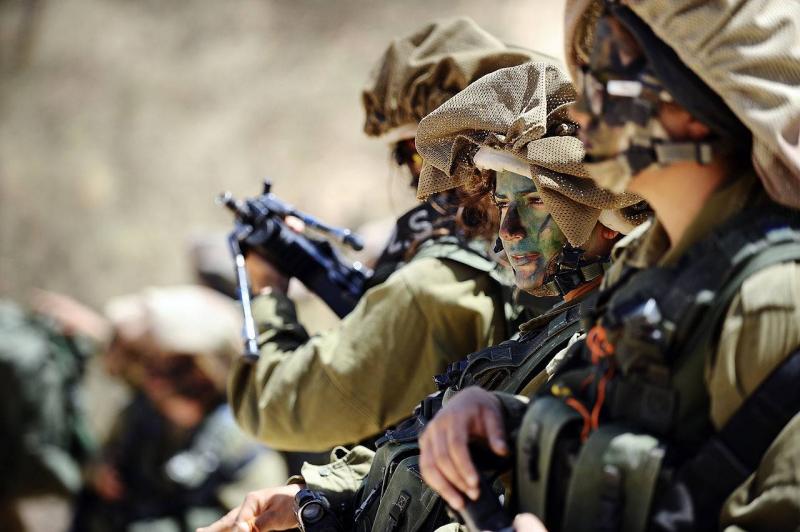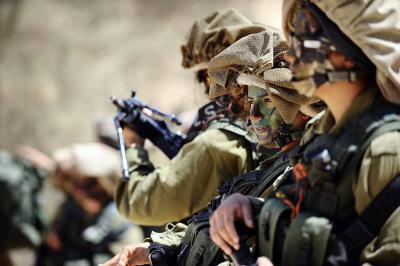Outside of the collision of interpretations and analyses regarding the Gaza War, both in terms of its containment or expansion, and beyond predictions about Iran's engagement along with "Hezbollah" and its other arms in a comprehensive war or its withdrawal from it, there is a truth forcefully making its way to impose itself on the course of developments: this war is likely to be the ending of wars fought in the name of the Palestinian cause. What follows will witness a determination of sizes on the path to peace.
The determination of sizes does not only pertain to "Hamas" and all the extremist organizations but also to Israel itself, especially after its pride has been broken in the "Flood of Al-Aqsa" operation, even if it attempts to boost morale through retaliatory actions. This situation allows global powers, particularly the United States and Europe, to minimize the size of the two contending enemies after exhausting them, paving the way to fitting them through the needle’s eye of a possible solution, whether it be the two-state solution as initially proposed in its Beirut form, or with logical amendments acceptable to both parties in the conflict.
It is clear that the Gaza War is occurring between two parties rejecting the two-state formula, and it will lead to a mutual breaking of this rejection. On the Israeli side, neither Netanyahu nor his extremist government, particularly following its transformation into an emergency government, will hold the position to refuse after the severe wounds inflicted upon Israel. On the Palestinian side, the giant "Hamas" will be returned to its bottle, and the ease with which it made decisions on war and peace will be curtailed for the benefit of invigorating moderate Palestinian forces in Ramallah and all the organizations freed from Iranian oversight.
It is true that the Arab-Israeli normalization efforts have currently been frozen due to the humanitarian tragedies in Gaza, but it will launch with greater momentum after the war concludes, especially since the Iranian obstacle, which was a significant reason behind the outbreak of the "Flood of Al-Aqsa" and its timing, will be removed by limiting "Hamas" on one side and constraining "Hezbollah" on the other, while calming Tehran with promises regarding its nuclear file and its frozen funds.
Iran’s reluctance thus far to enter the war and embroil "Hezbollah" is not tied to the Israeli ground invasion of Gaza, nor to leaving the decision to the "resistance," as it tried to promote through its Foreign Minister Abdullahian's statements in Beirut, but rather due to precise calculations in its pragmatic and cautious manner concerning the dangers of becoming embroiled in a destructive war without effective international backing from Russia, China, or regional powers like Turkey. Moreover, the forces and organizations it has established in the four Arab states—Yemen, Iraq, Syria, and Lebanon—are inadequate to confront a war against major powers that have deployed their fleets from the Mediterranean to the Gulf. If Iran miscalculates, it will face an unequal war, with the outcome being the same whether it engages in the war or retreats: the region, specifically the Palestinian cause, will escape exploitation and enter into a historical settlement based on a balance of regional powers, through which the "Islamic Republic of Iran" will return to its national size, equal to that of the Arabs, Turkey, and Israel.
As for Lebanon, it will benefit from this regional balance and peaceful stability, regaining its internal equilibrium with Hezbollah transforming into a national sectarian political component, and the Lebanese administration will be restructured in a manner that respects the various regions and components, based on respecting their particularities, regardless of what this new administration may be called, whether decentralized or otherwise.
In wars, it can be said: there are sometimes noticeable benefits arising from harm. The painful damage resulting from the Gaza War will inevitably produce benefits for the peoples and states of the region.




